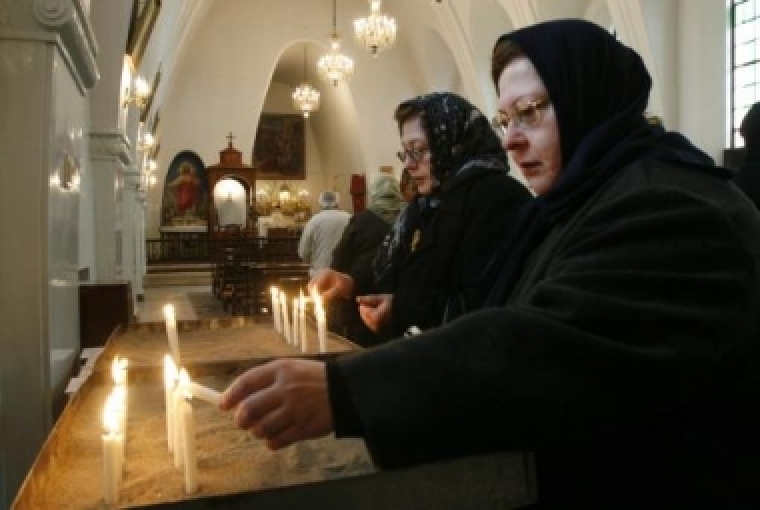
Amin Khaki, Hossein Barunzadeh, Hossein Etemadifar, Rahman Bahman, Mohammad Bahrami, Saiede Rahimi, Fatemeh Bagheri and Amineh Moalla were arrested near the city of Shush-e-Daniel on 5 March.
They were taken away, blindfolded and interrogated for several hours by armed intelligence and security agents. Most of the group was subsequently released, but three, Amin Khaki, Hossein Barunzadeh and Rahman Bahman, were held.
The arrests came as Ahmed Shaheed, UN Special Rapporteur on the Situation of Human Rights in the Islamic Republic of Iran, released his latest report.
At a press conference in Geneva on 14 March, Dr Shaheed said: "I report with deep regret that despite overtures and announcements emanating from the newly elected Iranian government, and perhaps even in spite of modest attempts to take steps towards reform, the situation of human rights in the Islamic Republic of Iran remains of serious concern."
The report says that as of January, at least 49 Christians were detained in Iran, and that in 2013 alone, at least 42 Christians were arrested, 35 of whom were convicted for participation in "house churches", association with churches outside Iran, perceived or real evangelical activity, and other standard Christian activities; they were sentenced to between one and ten years' imprisonment. Christians most commonly prosecuted are converts from Islam or those who evangelise or minister to Iranian Muslims.
Dr Shaheed called for the unconditional release of individuals imprisoned for exercising peacefully their rights to expression, association, assembly, belief and religion.
The report is critical of Iranian President Hassan Rouhani's proposed charter of citizens' rights, which it says fails to address laws and policies that discriminate against religious minorities and insufficiently addresses discrimination against women; it also fails to address the use of cruel, inhumane or degrading punishment, including flogging, hanging, stoning and amputation, and concerns about the use of capital punishment.
The draft charter is problematic because it frames rights within the context of the country's existing legal framework, which, the report says, has been "a source of concern for the United Nations human rights machinery for decades".
The election of the so-called "moderate" President Rouhani in June 2013 was hailed with optimism and expectations of change. He had promised to uphold justice and civil rights and to release political prisoners; 80 were set free ahead of his address at the UN General Assembly in September, but hundreds continue to languish in jail.
Despite the lack of significant progress in Iran, Dr Shaheed, who has asked for talks with the Iranian government, expressed confidence that improvements were possible:
"The road ahead is long and bumpy, but with cooperation and determination, I believe that real change can still occur."